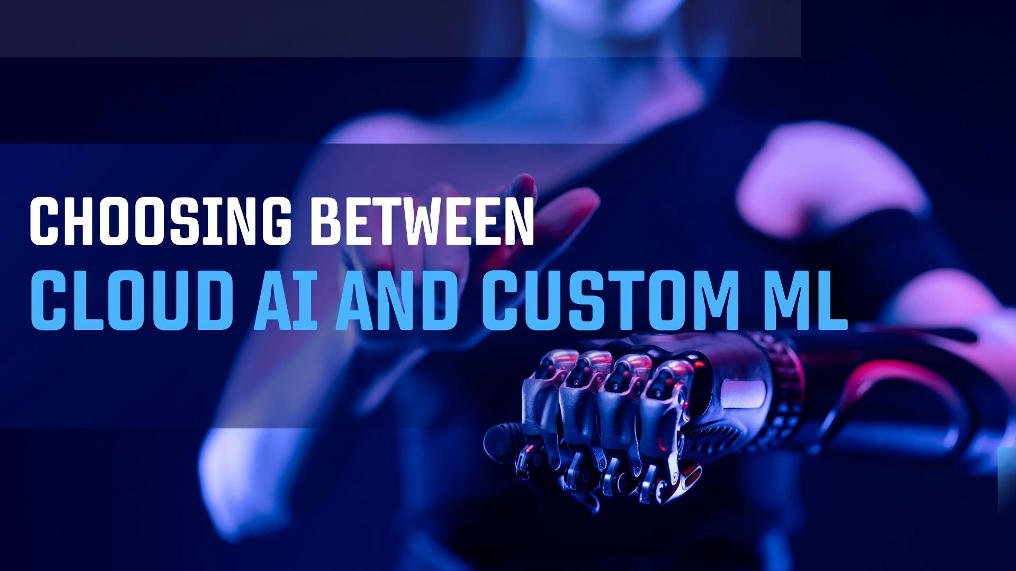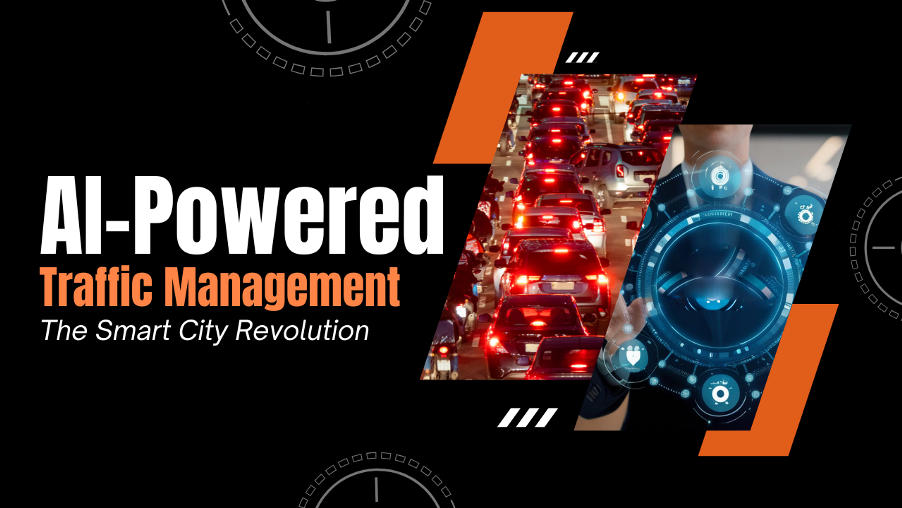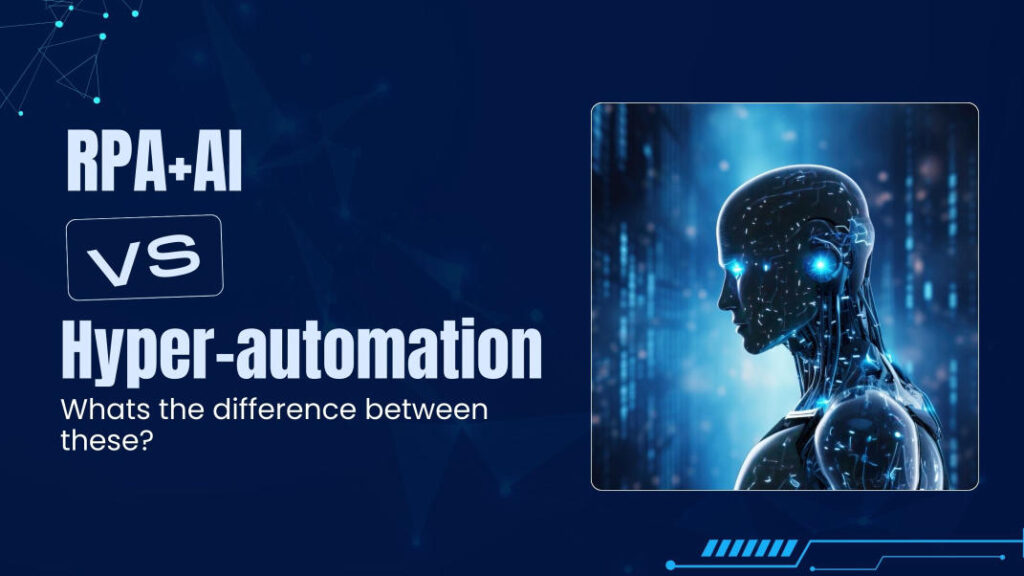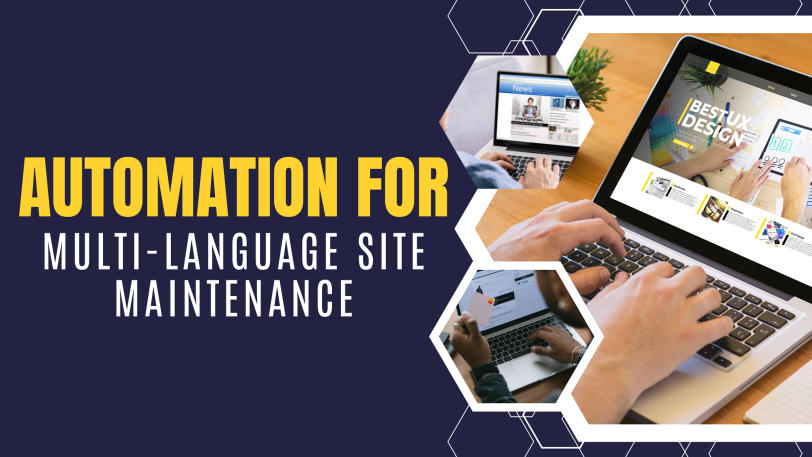AI and ML are changing the way of operation for all modern-age businesses. However, as innovation continues to speed up, one major question continues to circulate:
Is it always better for your company to build Custom ML models from scratch or depend on Cloud AI platforms for it?
If you have been learning about AI ML consulting, or have been working with an Intelligent Automation company, you already know there is no one clear answer. Based on your objective, data maturity, and budget, each method clearly has pros and cons.
Let us simplify it — what do these options mean, where do they excel, where do they underperform, and how to favour one over another for your business?
Understanding the Two Approaches
What is Cloud AI?
Cloud AI uses prebuilt AI and ML tools hosted by service providers such as AWS, Google Cloud, or Microsoft Azure. You can analyse data, train models or make predictions using their Cloud Automation Services and APIs instead of creating the models by yourself from scratch — without owning any servers of your own.
If you want to integrate voice recognition, image classification or natural language capabilities in your app, then Cloud AI can enable you to do it while augmenting speed and scale. They are part of a rapidly growing family of Agentic AI Services and Solutions which automate decision-making and certain customer interactions.
Cloud Machine Learning — a report by Deloitte stated that 49% of big firms that made use of cloud-based ML experienced high efficiency gains, and 40% found new insights quickly. Yes, this is why the cloud AI is the best-case solution for some companies that want to innovate at speed.
What is Custom ML Development?
Custom ML is all about building models that are suited to your data and purpose. Instead of going for prebuilt algorithms, you are designing and training your own. That gives you maximum customisation and ownership, and it can be tailored to your business context.
Custom AI ML consulting makes sense only when there is a combination of standardisation and high custom requirements, or a few people needing that same customisation. — For example, if you work in finance and healthcare sector require a fraud detection model on your proprietary data, you will want a custom ML. It is better — more flexible, secure, and accurate — but more difficult to construct.
Like this, when a business approaches a Custom AI development company, or hires AI developers and ML engineers, they are often investing in this approach. It is great for the long game, data ownership, and niche use-cases.
Explaining Why So Many Companies Favour Cloud AI
Cloud AI increasingly helps organisations quickly experiment with AI — without massive upfront expenditure. Well, let’s break down just why it is so alluring.
1. Speed and Simplicity
Cloud AI tools allow you to configure an AI model in a matter of hours. Cut down on the in-house team size and infrastructure. A boon for starters/a few small companies that require an AI automation service with speed.
According to a CloudThat article, cloud AI enables teams to scale their machine learning initiatives quickly with minimal complexity. It means you can analyse data without the hassle of servers or configurations.
2. Scalability and Flexibility
Do you want more computing power on the train? The cloud scales instantly. Naio — Want to handle millions of API calls during product launches? No problem.
You can scale back however much or little you need with cloud AI platforms — a huge benefit for growing companies.
3. Lower Initial Costs
Cloud AI uses a pay-as-you-go business model, so you only pay for what you utilise. It is cheap to use, you do not need to purchase an expensive server or GPU.
According to Appinventiv, using cloud-based AI can cost as low as a few thousand dollars per month, but custom-developed solutions typically come with $100,000+ investments. This is why, if your company is considering Cloud AI consulting services or AI solution providers, then Cloud AI is a great baby step solution.
4. Easy Integration and Updates
All It Takes Is the Cloud Since cloud providers are the ones in charge of updates, new features, and security patches, your system will always be up to date by default. Most Cloud AI integration services will also easily integrate and communicate with previously built data pipelines, CRMs, and automation tools.
5. Best for Experimentation
Cloud AI works perfectly if you are still validating your business case as in a pilot phase. After you have established value, you can always move towards a more generalizable custom ML solution leveraging the skills of Cloud AI migration experts.
Why Some Organisations Prefer Custom ML Development
Though Cloud AI is indeed tempting, it may not be the best fit at all times. In certain enterprises and data-intensive sectors, custom ML development provides strategic benefits.
1. Tailored for Your Business
Using your data and designed for your objectives, custom ML models are created. You can tune them for precision, performance, and domain-specific needs — things cloud models might not do well with.
Machine Learning Development Company can build a recommendation engine for you specific to the way your users behave. This high level of personalisation usually results in better results and more powerful competitive advantages.
2. Long-Term Cost Efficiency
So, sure the upfront is higher. However, it is an asset that you own once you have built your custom ML model. There are no continuing licensing fees, and you can essentially optimise how you see fit. That could amount to very large savings over a few years.
According to Idea2App, in the long term, custom ML models provide higher ROI as they minimise dependence on third-party platforms.
3. Full Control and IP Ownership
Owning everything — all the code, the data, and the algorithms — is what makes developing custom models different. And this is especially important for industries like finance, defence and healthcare, where compliance or security is not an option.
Enterprises that hire Cloud AI experts or AI strategy consulting teams usually do so to own their entire AI stack and governance.
4. Avoid Vendor Lock-In
Cloud AI has a thunderstorm cloud of a risk: vendor lock-in. Excessive dependency on one provider’s APIs makes migrating painful and expensive in the future. Custom ML enables you to create systems that can work anywhere you want such as on-premise, hybrid, or multi-cloud environments.
Comparing the Two: Cloud AI vs Custom ML
| Criteria | Cloud AI | Custom ML Development |
| Setup Time | Hours to days | Weeks to months |
| Initial Cost | Low (subscription-based) | High (custom development) |
| Control & Ownership | Limited (vendor-managed) | Full (in-house or partner) |
| Customization | Basic (pre-built models) | Deep (tailored algorithms) |
| Scalability | Extremely high | Depends on infrastructure |
| Long-term ROI | Moderate | High |
| Best For | Startups, MVPs, small-scale projects | Enterprises, regulated industries, complex use-cases |
The simple table above illustrates something that we can see at first glance: Cloud AI is faster and cheaper, but Custom ML is more controllable and accurate.
Often, companies begin with cloud AI as a testing bed and subsequently move to a custom ML solution provider when they require greater flexibility or control.
Real-World Trends and Data
You might also want to check these stats that state where the market might head:
- Currently, 70% of the machine learning workloads are in the cloud.
- According to some statistics, the AI in the cloud computing market would stand at $108 billion by 2027.
- At the same time, another 63% of organisations have concerns that they may face penetration for cloud vendor lock-in and portability issues (International Journal of Intelligent Systems and Applications in Engineering, 2024)
- Custom ML models take longer to build (average of 6 months) but have a higher ROI vs off-the-shelf AI (about 25% more in 3–5 years).
This data shows both ways are gold — but the right one for you is based on your scale and considerations.
Choosing What’s Right for You
So how does one choose between Cloud AI vs Custom ML?
- If you prefer faster outputs, less infrastructure, or are still in the exploration phase regarding use cases, pick Cloud AI. A collaboration with a Reputable AI Software Development Agency Or AI Solution Provider.
- Select Custom ML if your AI is a critical component of your product, you are working with sensitive data, or if you need deep customisations. For the best results — work with a Custom AI development company or Enterprise AI development team.
- Choose Hybrid if you want to have a bit of both worlds — enjoy the quick speed of Cloud AI during the early stages, and migrate your project to Custom ML once you are in a more mature state. A phased approach (as such is recommended by many AI ML consulting firms.
Final Thoughts
So while the clearer options of Cloud AI or Custom ML may sound like right and wrong, they may in fact be the right and wrong solution depending on your use case. Cloud AI is lower-cost, faster, and more scalable, great for fast-moving businesses and early experimentation. Custom ML vs Custom ML Recognition — on one hand, there is depth, control and long-term strategic advantage for organisations with investment-ready focus areas.
In a world dominated by Agentic AI Services and Solutions and Cloud Automation Services, the brightest companies are combining the two strategies — maximising the hybrid cloud’s elasticity while creating custom-made ML models where the value is truly realised.
Whether you opt to hire AI developers, hire ML engineers or take the help of an AI ML consulting team, your objective should be well-defined: provide value, improve productivity and nurture long-term competitive advantage.
If you weigh the benefits and downsides cautiously however, you’ll not simply pick the right technology stack — you’ll lay the groundwork for your company’s AI-driven future.




